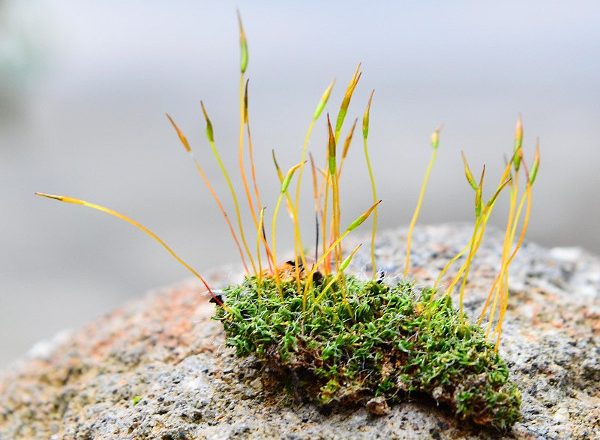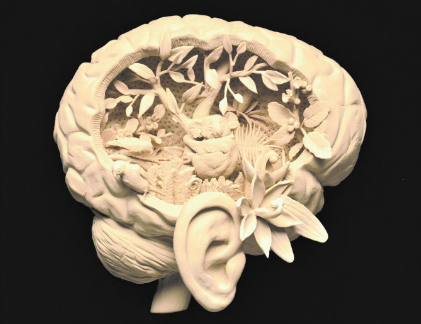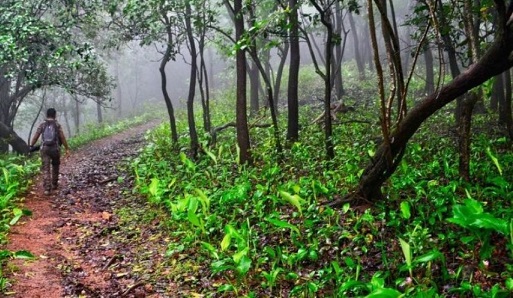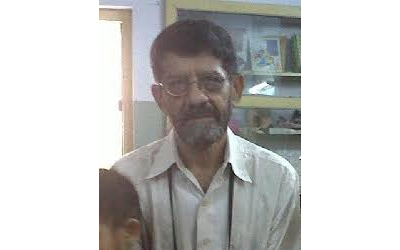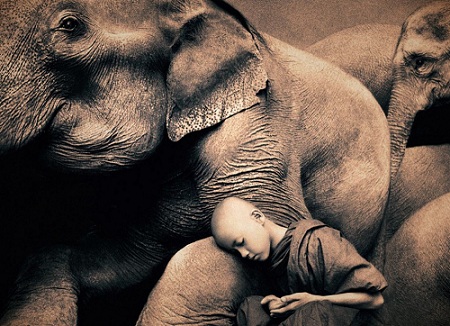
How the land cured my daughter’s eczema
We’re mindful of what we provide for her. She has a relationship to the Land in a way that most Indigenous children do. She’s untangling the idea of growing food, of what it means to eat the food that we grow, and how to give thanks to the Land for growing the foods she eats….
Read More about How the land cured my daughter’s eczema



